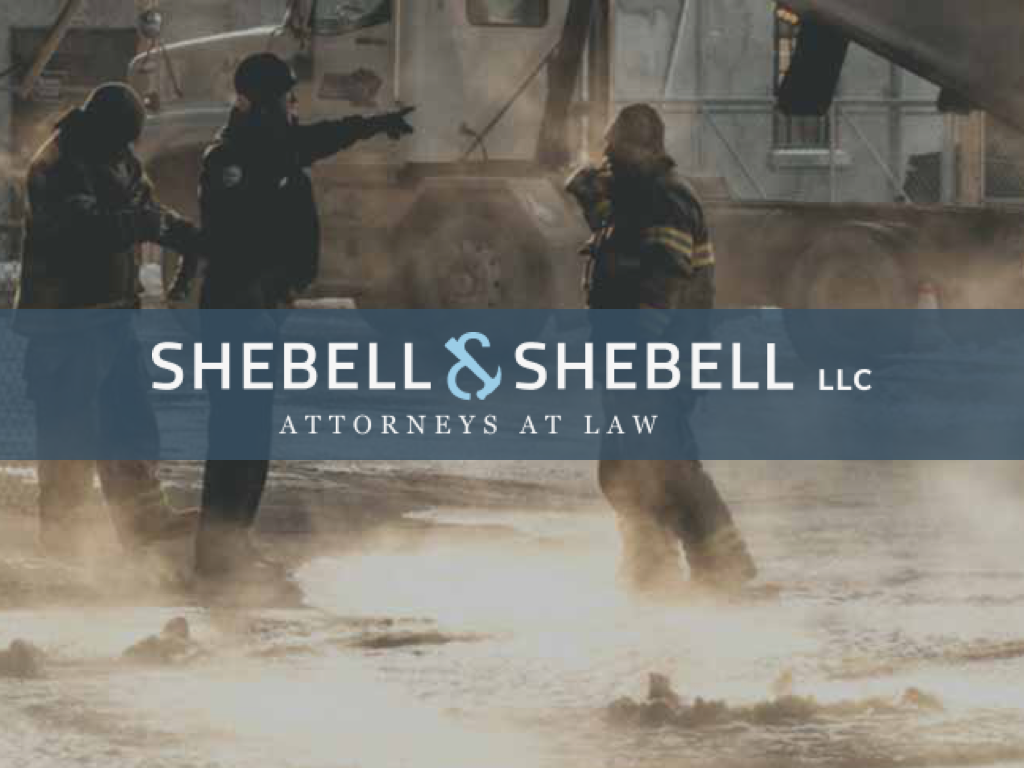In Newark and communities throughout New Jersey, workers are entitled to workers’ compensation benefits, regardless of any pre-existing or chronic medical conditions. Under New Jersey law, employers are legally required to accept employees "as they are," which means that pre-existing conditions are not a barrier to filing a workers' compensation claim. In fact, the circumstances surrounding the original injury are irrelevant when it comes to obtaining benefits.
In short, this means that employees with pre-existing conditions may still be entitled to workers’ compensation benefits if their work-related injury or illness exacerbates or worsens their pre-existing condition. In these cases, the employee can receive compensation for the aggravation of the pre-existing condition caused by the workplace incident.
However, employers may dispute the causality of a work-related injury or illness, particularly when a pre-existing condition is involved. While employers cannot deny a claim solely based on a pre-existing condition, employees must still prove that the pre-existing condition was aggravated, accelerated, or combined within the scope of the employee’s work.
As such, obtaining workers’ compensation benefits in cases of pre-existing conditions can be complex and may require the assistance of an experienced workers’ compensation lawyer. An attorney can help ensure that the employee receives the appropriate level of compensation for their injuries and can protect their rights throughout the New Jersey workers’ compensation process.
What are examples of pre-existing conditions?
From chronic illnesses to previous injuries, some common examples of pre-existing conditions that may impact a worker’s ability to receive workers’ compensation benefits include:
- Back pain or injury
- Arthritis or joint pain
- Heart disease or high blood pressure
- Diabetes
- Asthma or other respiratory conditions
- Depression or anxiety
- Previous injuries, such as broken bones or muscle strains
- Chronic pain conditions, such as fibromyalgia or chronic fatigue syndrome
- Neurological conditions, such as multiple sclerosis or epilepsy
- Cancer or other chronic illnesses.
These pre-existing conditions can impact the employee’s ability to obtain workers’ compensation benefits, particularly if the pre-existing condition is related to a work-related injury or illness.
For example, an employee with a pre-existing back injury who suffers a work-related injury to the same area may find it challenging to receive workers’ compensation benefits without help from an attorney. The employer and their insurance company may argue that the pre-existing condition is the cause of the current injury rather than the work-related incident. This can result in a denial of or reduction in benefits that the employee is entitled to receive.
How do pre-existing conditions affect workers’ comp benefits in New Jersey?
New Jersey law allows workers’ compensation insurance companies to prorate compensation in cases involving a pre-existing condition. However, the insurance company must first demonstrate that there was a prior loss of function in the affected body part before they can prorate the compensation amount, which is not a simple process. In fact, there are even situations where the exacerbation of a pre-existing condition may entitle an employee to more compensation.
In addition to medical care, workers’ compensation benefits in New Jersey may include temporary disability payments and a monetary award for permanent disability in cases of aggravation or exacerbation of a pre-existing condition. The employee’s final compensation amount is calculated based on a number of factors, including their wage at the time of the injury, the specific part of the body that was affected, and the physical impairment rating assessed by the treating physician.
When an employee has a pre-existing condition aggravated by a work-related injury or illness, it can be difficult to determine the extent to which the current injury or illness is related to the pre-existing condition.
To prove causality, employees must demonstrate that the work-related activities resulted in an actual medical exacerbation and that the exacerbation was solely due to the workplace incident, not the pre-existing condition. The claim must be based on the aggravation, not the pre-existing injury. This can be accomplished through medical records, medical tests and images, and expert witness testimony.
Proving that a work-related injury aggravated a pre-existing condition
The burden of proof falls on the injured worker to demonstrate that the work-related injury or illness caused a material increase in the severity of their pre-existing condition.
To meet this burden of proof, employees must provide evidence that establishes a causal relationship between the work-related injury or illness and the exacerbation of their pre-existing condition. This can be difficult to do, especially if the pre-existing condition was already severe or other factors contributed to the exacerbation.
One way to establish a causal relationship is through medical evidence. Again, medical evidence can take many forms, such as medical records, imaging studies, diagnostic tests, and testimony from medical experts. For example, if an employee had a pre-existing back injury and suffered a work-related injury that caused an exacerbation of the pre-existing condition, a doctor in an appropriate medical specialty could provide testimony that the work-related injury was a material factor in the increase in severity.
Navigating these situations is a complex process, and it’s nearly impossible for an injured worker to do this on their own. An experienced attorney who knows the laws surrounding pre-existing conditions can help.
Review your legal rights with a Newark, NJ workers’ compensation lawyer
If you have a pre-existing condition and want to file for workers’ compensation benefits in New Jersey, it is important to seek legal advice. The process of obtaining benefits can be complicated, particularly in cases involving pre-existing conditions.
An experienced workers’ compensation attorney can help you gather and present the necessary evidence to support your claim. A lawyer can also help you navigate the workers’ compensation process, including filing paperwork, appearing at hearings and trials, and negotiating with insurance companies to ensure you receive the best possible outcome and the benefits you deserve. If you’ve been injured on the job, talk to an attorney in your area today.



